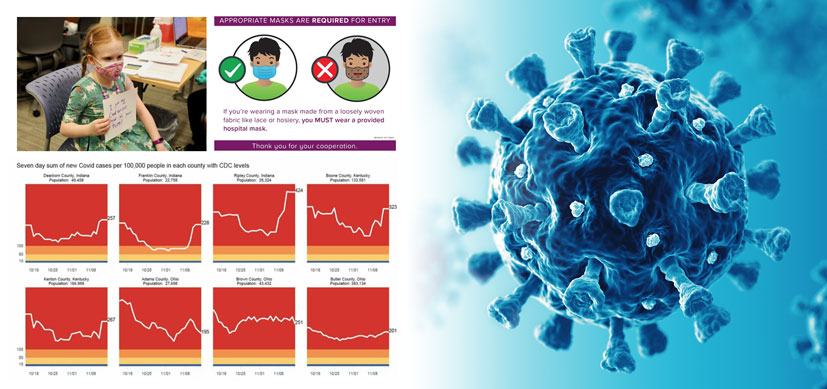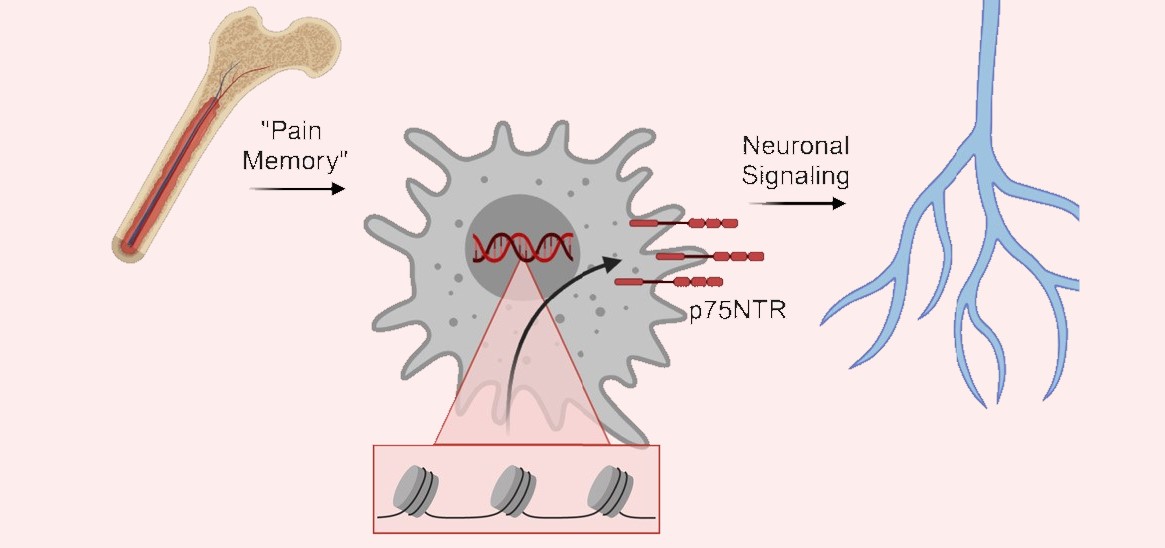Deep, Infrequent Suctioning Can Lengthen Infant Hospital Stays
Research By: Grant Mussman, MD
Post Date: June 26, 2019 | Publish Date: May 2013

Using deep suctioning during the first 24 hours after admission and lapses greater than four hours between suctioning events were associated with longer lengths of stay in infants with the lung infection bronchiolitis.
Bronchiolitis is the most common cause of hospital admissions for infants. This acute inflammatory disease of the lower respiratory tract is most frequently triggered by respiratory syncytial virus (RSV) infections.
The study, published online March 4, 2013, in JAMA Pediatrics, was led by Grant Mussman, MD, and colleagues at Cincinnati Children’s. The team analyzed electronic health records of 740 infants to compare lengths of stay when nasopharyngeal catheters were used to provide deep suction versus noninvasive use of nasal aspirators.
Infants on nasal aspirators stayed about one day, while those who received deep suction for more than 60 percent of their treatments stayed more than two days, the study reports.
Infants also stayed about one day longer when lapses of at least four hours occurred three or four times between deep suction events. The more frequent the long lapses, the longer the stay.
These findings suggest that infants with bronchiolitis fare better when they receive regular, non-invasive suctioning versus episodic deep suction, Mussman reports.
| Original title: | Suctioning and Length of Stay in Infants Hospitalized With Bronchiolitis |
| Published in: | JAMA Pediatrics |
| Publish date: | May 2013 |







